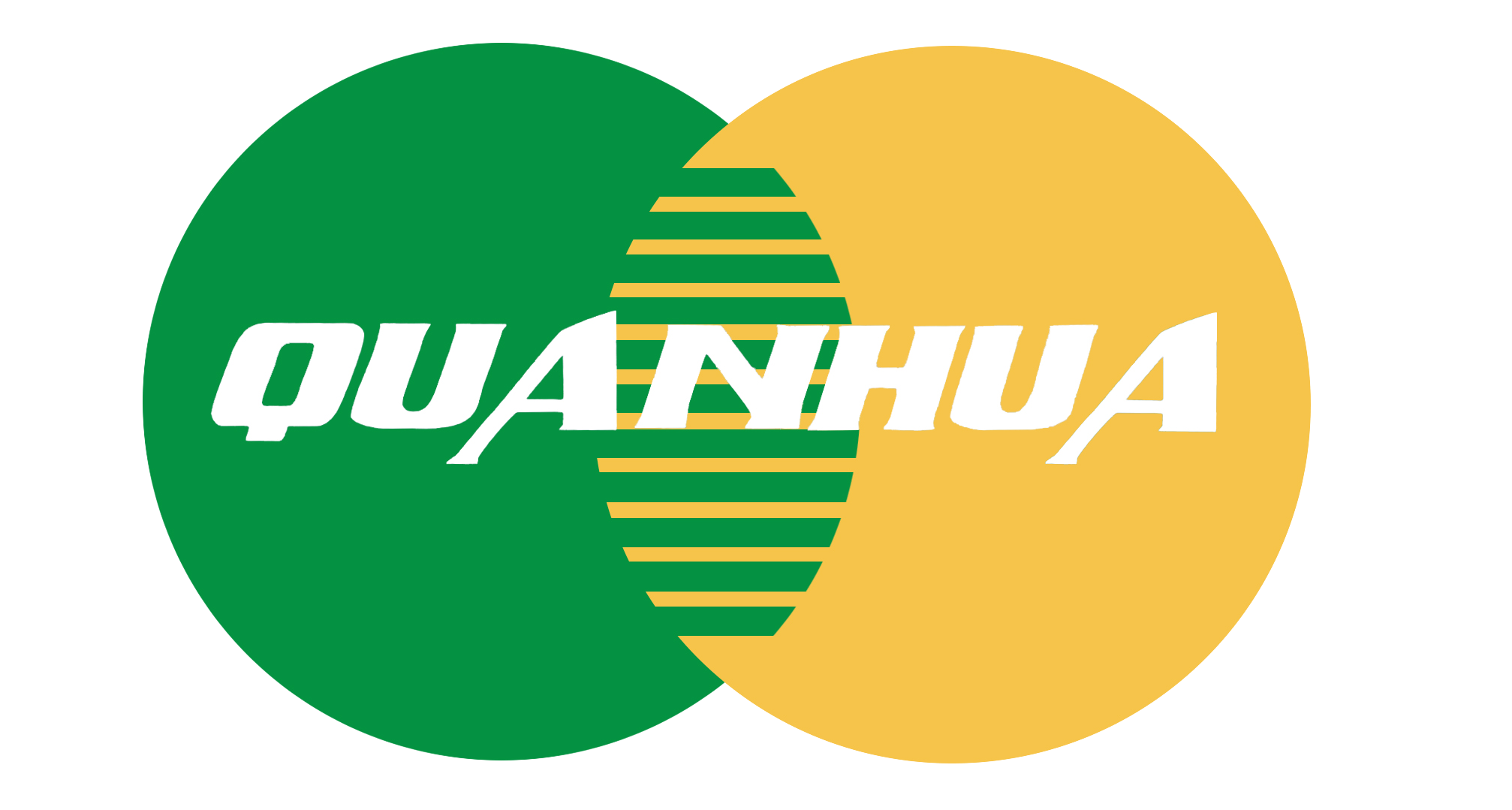Biodegradable vs. Plastic Spoon: Which is Better?
The global plastic pollution crisis has spurred a revolution in the disposable tableware industry, giving rise to biodegradable spoons. These innovative products offer an eco-friendly alternative to conventional plastic spoons, reducing environmental impact and promoting sustainability. This blog post compares biodegradable spoons with traditional plastic spoons, highlighting the benefits of biodegradable options and empowering you to make an informed choice for your eco-friendly lifestyle.
Environmental Impact: A Stark Contrast
The most significant distinction between biodegradable spoons and plastic spoons lies in their environmental impact. Biodegradable spoons are crafted from plant-based materials that break down naturally under specific conditions, such as industrial composting facilities. This biodegradation process typically takes months or years, depending on the material and composting conditions.
In contrast, conventional plastic spoons are derived from petroleum, a non-renewable resource. Plastic spoons can persist in the environment for hundreds of years, posing a threat to marine life, ecosystems, and human health. Plastic pollution is a major environmental concern, and switching to biodegradable spoons is a crucial step towards reducing this burden.
Material Composition: Sustainability vs. Environmental Damage
Biodegradable spoons are made from renewable plant-based materials, such as cornstarch, bamboo, or bagasse (sugarcane fiber). These materials are not only eco-friendly but also offer durability and functionality. Additionally, the production of plant-based materials generally has a lower environmental footprint compared to petroleum-based plastic production.
Plastic spoons, on the other hand, are derived from petroleum, a finite resource that is extracted through environmentally damaging processes. The production and disposal of plastic spoons contribute to greenhouse gas emissions, air and water pollution, and land degradation.
Health Considerations: A Safer Choice
Biodegradable spoons are generally considered a safer alternative to plastic spoons, particularly for long-term use. Some studies have raised concerns about potential health risks associated with the leaching of chemicals from plastic spoons, especially when exposed to heat or acidic foods.
Biodegradable spoons, made from natural plant-based materials, are less likely to release harmful chemicals into food or the environment. This makes them a safer choice for health-conscious individuals and families.
Cost-Effectiveness: Sustainable Solutions at Affordable Prices
The cost of biodegradable spoons has been steadily decreasing due to advancements in manufacturing processes and increased demand. As a result, they are now often comparable in price to plastic spoons, making them a more accessible and attractive option for eco-conscious consumers.
Conclusion: Embracing a Sustainable Future
The choice between biodegradable spoons and plastic spoons is a clear one. Biodegradable spoons offer a multitude of benefits, including reduced environmental impact, safer materials, and comparable cost. By making the switch to biodegradable spoons, individuals can play a significant role in reducing plastic waste and protecting our planet. As we strive towards a more sustainable future, biodegradable spoons are poised to become the standard choice for disposable tableware.
Additional Considerations
When choosing biodegradable spoons, it is important to consider the specific material used and the composting facilities available in your area. Some biodegradable materials may require specialized composting conditions, while others may break down more readily in home composting systems.
Remember, eco-consciousness is not just about the product; it's about adopting a lifestyle that minimizes environmental impact. By making informed choices about the products you use, you can contribute to a healthier and more sustainable planet.

